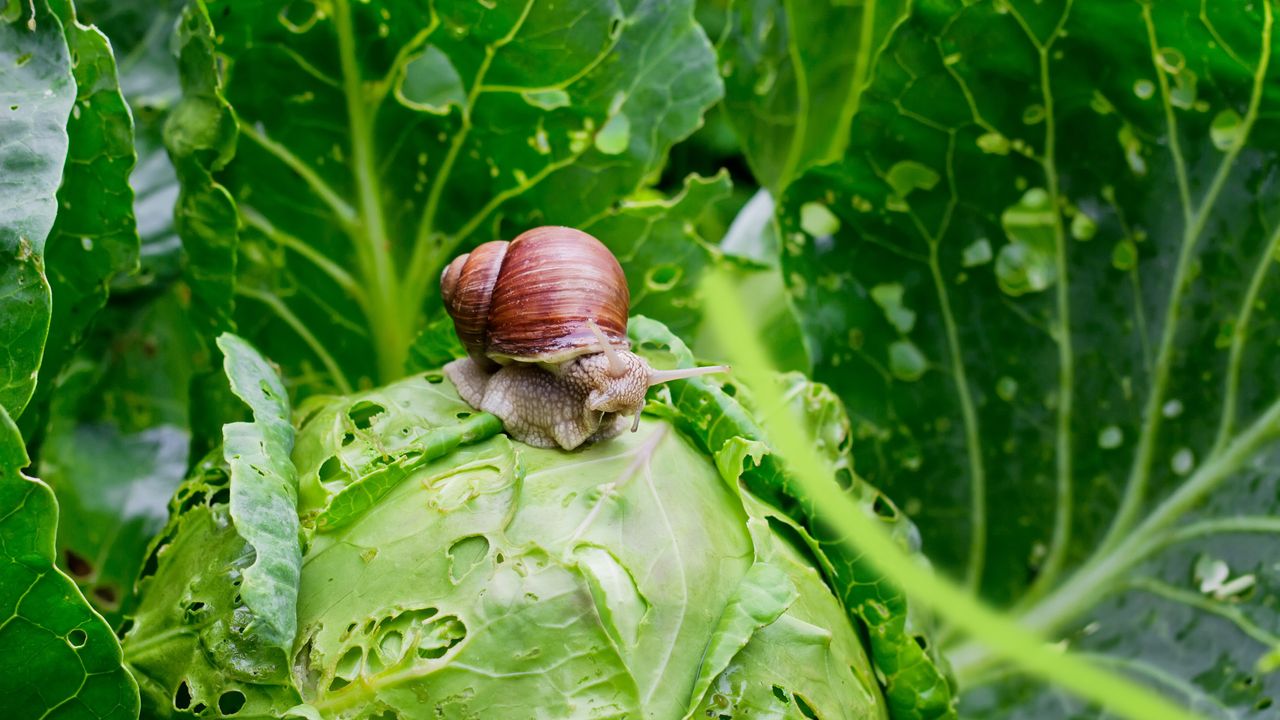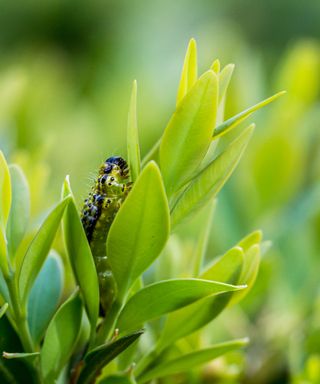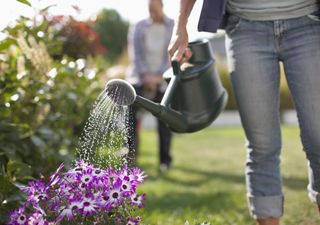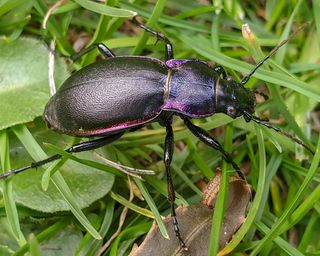Gardening expert shares the common planting mistake that attracts pests
This common planting mistake will attract pests to your garden according to a gardening expert; plus, two other common mistakes that let pests proliferate

This one planting mistake could be encouraging pests into your garden, according to an expert.
Spring is an exciting time in the garden – now, you can finally choose and plant out your flowers in your garden borders or start a vegetable garden. Unfortunately, spring is also the time when garden pests begin waking up and breeding, often destroying your crops or flowers in the process.
Pests are an inevitable part of gardening, but if you're seeing huge numbers, it may be because of how you're planting your plants, says horticulture expert Calum Maddock*.
Plant cramming encourages pests

'If you have a small garden, you may be guilty of cramming in your plants in one space,' says Calum. You should resist the temptation 'because it can be detrimental to your plants and can also attract pests, especially insects who are magnets to tightly packed plants, as they offer heat and cover from predators.'
'You should ensure that your plants are spaced out evenly and have access to adequate air circulation in the form of a nice breeze. This will prevent pests from reproducing and eating their way out of the plants, as they are less likely to settle in a cold, breezy habitat.'
Other common gardening mistakes that encourage pests
Watering in the evening

Watering plants in the morning is better for them in several ways, not least for retaining moisture levels throughout the day: 'professional gardeners do this to ensure plants are fully hydrated during the afternoon when temperatures are higher, which means they are less likely to wilt,' explains Calum.
But morning watering has another important benefit – it gives your plants 'adequate time to dry,' which makes them better protected from pests 'compared to damp flowers, which tend to attract snails, slugs, and earwigs.'
Eradicating all wildlife in your garden

It may seem counterintuitive, but the more insects there are in your garden, the fewer pests there will be. Many beetles are beneficial and will keep pest numbers under control, and even visiting wasps can be beneficial because they feed their larvae caterpillars.
Garden birds are also very important for keeping insect populations in check, as are hedgehogs. Explore our wildlife garden ideas to see how you can encourage more wildlife in.
*Calum is the Horticulture expert at Homehow.
Anna writes about interior design and gardening. Her work has appeared in Homes & Gardens, Livingetc, and many other publications. She is an experienced outdoor and indoor gardener and has a passion for growing roses and Japanese maples in her outside space.
